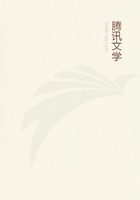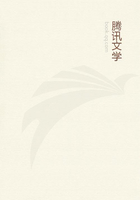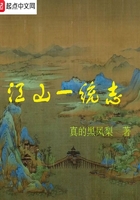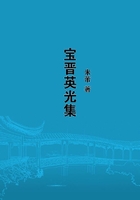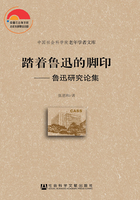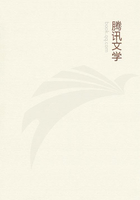If, then, we regard quantity as it is represented in our imagination, which we often and more easily do, we shall find that it is finite, divisible, and compounded of parts; but if we regard it as it is represented in our intellect, and conceive it as substance, which it is very difficult to do, we shall then, as I have sufficiently proved, find that it is infinite, one, and indivisible. This will be plain enough to all who make a distinction between the intellect and the imagination, especially if it be remembered that matter is everywhere the same, that its parts are not distinguishable, except in so far as we conceive matter as diversely modified, whence its parts are distinguished, not really, but modally. For instance, water, in so far as it is water, we conceive to be divided, and its parts to be separated one from the other; but not in so far as it is extended substance; from this point of view it is neither separated nor divisible. Further, water, in so far as it is water, is produced and corrupted; but, in so far as it is substance, it is neither produced nor corrupted.
I think I have now answered the second argument; it is, in fact, founded on the same assumption as the first--namely, that matter, in so far as it is substance, is divisible, and composed of parts. Even if it were so, I do not know why it should be considered unworthy of the divine nature, inasmuch as besides God (by Prop. xiv.) no substance can be granted, wherefrom it could receive its modifications. All things, I repeat, are in God, and all things which come to pass, come to pass solely through the laws of the infinite nature of God, and follow (as I will shortly show) from the necessity of his essence. Wherefore it can in nowise be said that God is passive in respect to anything other than himself, or that extended substance is unworthy of the divine nature, even if it be supposed divisible, so long as it is granted to be infinite and eternal. But enough of this for the present.
XVI. From the necessity of the divine nature must follow an infinite number of things in infinite ways--that is, all things which can fall within the sphere of infinite intellect.
Proof--This proposition will be clear to everyone, who remembers that from the given definition of any thing the intellect infers several properties, which really necessarily follow therefrom (that is, from the actual essence of the thing defined); and it infers more properties in proportion as the definition of the thing expresses more reality, that is, in proportion as the essence of the thing defined involves more reality. Now, as the divine nature has absolutely infinite attributes (by Def. vi.), of which each expresses infinite essence after its kind, it follows that from the necessity of its nature an infinite number of things (that is, everything which can fall within the sphere of an infinite intellect) must necessarily follow. Q.E.D.
Corollary I.--Hence it follows, that God is the efficient cause of all that can fall within the sphere of an infinite intellect.
Corollary II.--It also follows that God is a cause in himself, and not through an accident of his nature.
Corollary III.--It follows, thirdly, that God is the absolutely first cause.
XVII. God acts solely by the laws of his own nature, and is not constrained by anyone.
Proof--We have just shown (in Prop. xvi.), that solely from the necessity of the divine nature, or, what is the same thing, solely from the laws of his nature, an infinite number of things absolutely follow in an infinite number of ways; and we proved (in Prop. xv.), that without God nothing can be nor be conceived; but that all things are in God. Wherefore nothing can exist outside himself, whereby he can be conditioned or constrained to act. Wherefore God acts solely by the laws of his own nature, and is not constrained by anyone. Q.E.D.
Corollary I--It follows: 1. That there can be no cause which, either extrinsically or intrinsically, besides the perfection of his own nature, moves God to act.
Corollary II--It follows: 2. That God is the sole free cause. For God alone exists by the sole necessity of his nature (by Prop. xi. and Prop. xiv., Cor. i.), and acts by the sole necessity of his own nature, wherefore God is (by Def. vii.) the sole free cause. Q.E.D.
*****Note--Others think that God is a free cause, because he can, as they think, bring it about, that those things which we have said follow from his nature--that is, which are in his power, should not come to pass, or should not be produced by him. But this is the same as if they said, that God could bring it about, that it should follow from the nature of a triangle that its three interior angles should not be equal to two right angles; or that from a given cause no effect should follow, which is absurd.

